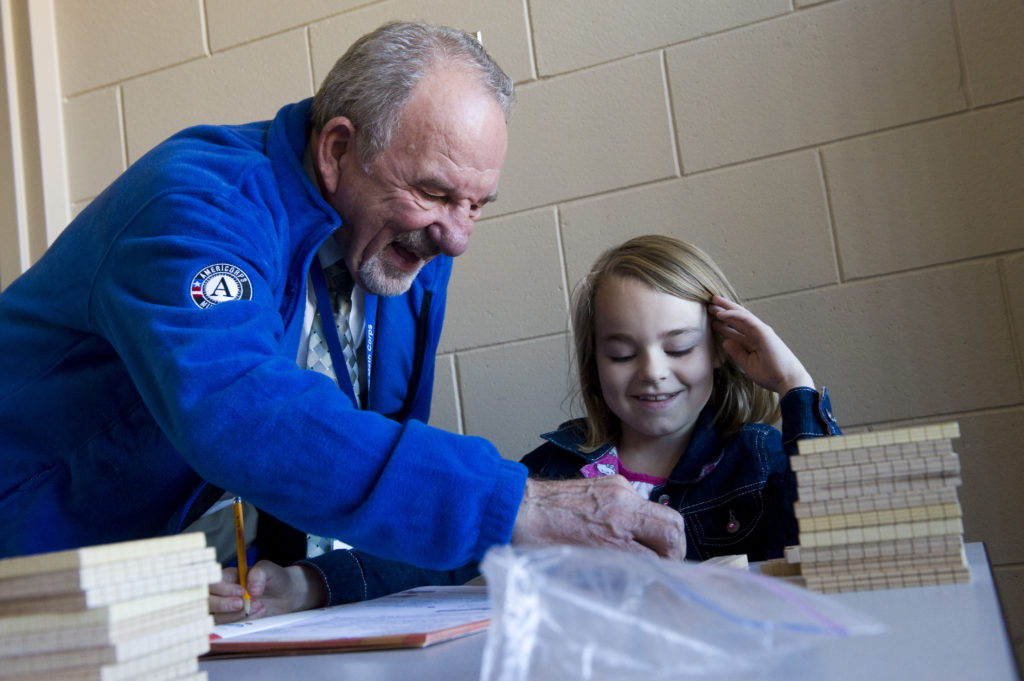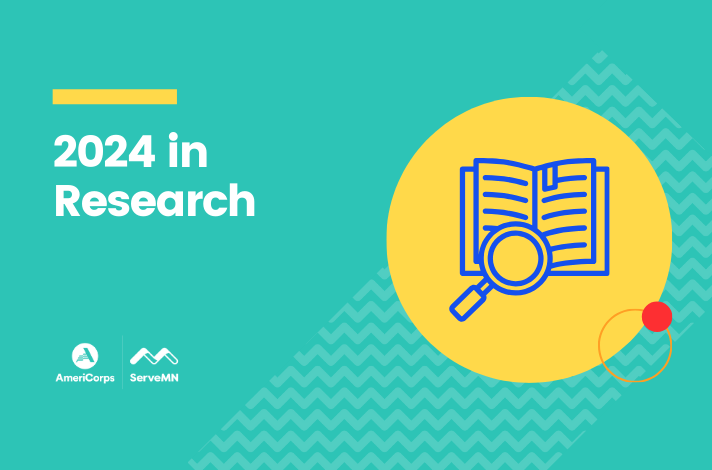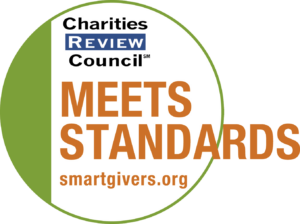ServeMinnesota – Minnesota Math Corps’ partner in AmeriCorps service and program development — is committed to continually evaluating our programs to ensure they are as impactful as possible, and a perfect example of this concept in action can be found in research on Math Corps.
Math Corps, which was established in 2008, is a program that serves students in grades 4-8 who need extra help in math and is provided free and during the school day to eliminate barriers to attendance. Math Corps is already a marquis program for schools: two large-scale evaluations found that Math Corps students who received Math Corps tutoring made significantly larger gains in math skills than comparable students who did not receive Math Corps tutoring. They were two times more likely to achieve math fact fluency and two times more likely to meet end-of-year math benchmarks. In these studies, researchers found Math Corps students were a semester ahead of their expected trajectory and getting on track for the academic and career success associated with math proficiency.
In the 2017-2018 school year, 66 percent of Math Corps students exceeded growth expectations on the state exam, and 92 percent of school partners – including principals – agree that participation in Math Corps had a positive impact on their students. Much of the success of the program depends on the rigorous training, ongoing coaching and support for the tutors who serve the students.
David Parker, Ph.D., the Vice President of Research and Development at ServeMinnesota, said that despite so many successes, it is crucial that we continue to look for ways to strengthen Math Corps and continue to better serve students.

“We see an immediately actionable role for AmeriCorps to close the research-to-practice gap. That means we strive to take emerging best-practices and scale them to increase impact.” Parker said. “With that in mind, we continually examine our data to identify ways to help students make more progress in math.”
His team recently completed analysis of the tutor coaching and evaluation process and gained some valuable insight about how to best engage students.
Math Corps tutors are observed by coaches who assess and work with them. Coaches use a clear, objective list of observable practices to help them carry out the instruction. He said tutors achieve 90 percent and higher on those evaluations, which means they have high adherence to the
What’s the Formula for Impactful Tutoring?
Parker explained that tutors have always been observed by internal coaches and master coaches to give feedback on a regular basis. Coaches use an observation form lists the key steps for effectively tutoring students. Parker said this generally works well. In fact, he said, on a list of 10 items (for example, was the fraction modeled using actual objects?), our Math Corps tutors get 90 percent correct on average.
However, Parker and the research team wondered, if the tutors were following all of the instructions on how to teach math concepts, don’t we think students could progress faster?
In other words, what else could be done to help students learn math concepts? The team decided to test some hypotheses to learn more.
Beyond “The List”
ServeMinnesota researchers realized a key piece might be missing from the observations: How well the tutors responded to students and built rapport. Or in other words, if the list of steps are like recipe ingredients, maybe there’s also something similar to the instructions of a recipe. Accordingly, the researchers decided to look at how tutors were engaging with the students.
“If the student doesn’t understand (the lesson), how does the tutor respond?” he said. With the understanding that relationships matter, they piloted a study in which they collected additional data during observations – relationship scores. These data showed what the researchers suspected: that the way a tutor interacts with a student is strongly related to student performance!
Coaching is Key
So how do tutors establish a good relationship with their students? Parker said the coaching process is crucial, just like with following the important instructional steps. Parker noted that relationship building is now part of the observation and feedback process, helping tutors develop bonds with students that facilitate stronger relationships … and learning.
For example, in the very first observation, if the coach sees the tutor is so focused on the list of steps that the quality of relationship engagement could be improved, the coaching process will help the tutor find a good balance between doing the intervention “right” and maintaining a student-centered approach.
“It’s surprisingly simple, but that’s the point!” Parker said. “It can start with ‘Hey, how was your summer? How are you doing?’” That really helps students realize their tutor cares, and that helps them engage in learning math.
Do you want to become a Math Corps tutor in 2020-21? Visit this website to learn more about where positions are located and how to apply.





